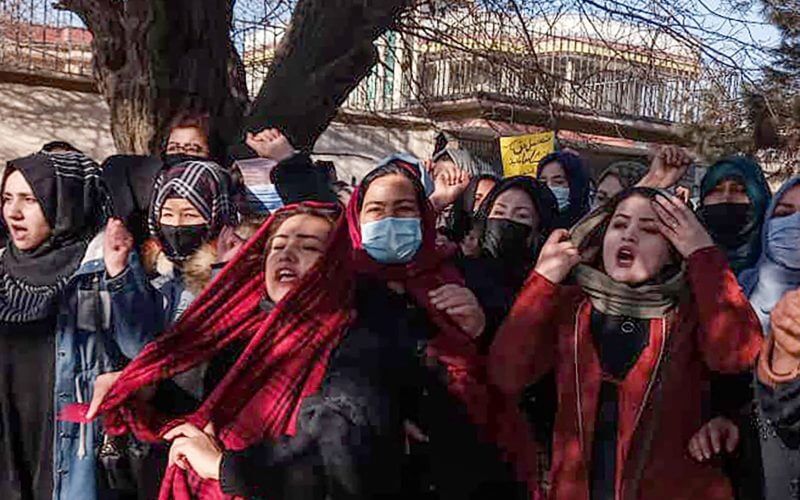Male students in Afghanistan vowed they will not return to class until women are allowed to return to university classrooms, Tolo News, an Afghan outlet, reported on Sunday.
The Taliban announced on Dec. 20 that women would no longer be allowed to attend university classes effective immediately, which furthered a previous order from March 2022 which prohibited women from receiving secondary education. Male students reportedly claimed that they would not return to the classroom until women were allowed to resume their studies.
“Universities are closed for our sisters. We don’t want to go to university either,” Nawidullah, a student, told Tolo News.
Another student told the outlet that he would not return to school because his two sisters were not allowed to continue their education. While the boycott includes students from universities across the country, according to Tolo News, it is unclear how many students are participating.
The Taliban’s minister of higher education Nida Mohammad Nadim defended the government’s decision by claiming that female students violated the dress code in classes, The Associated Press reported. He also claimed that the subjects taught in university courses were not appropriate for women to learn according to Islamic beliefs.









